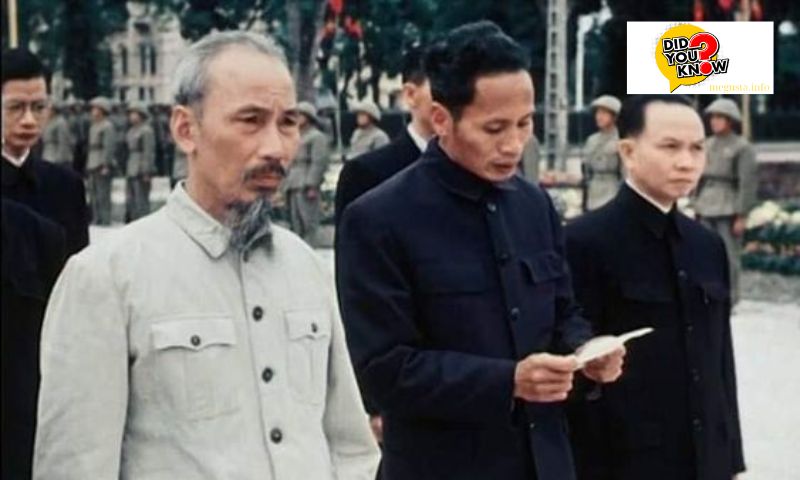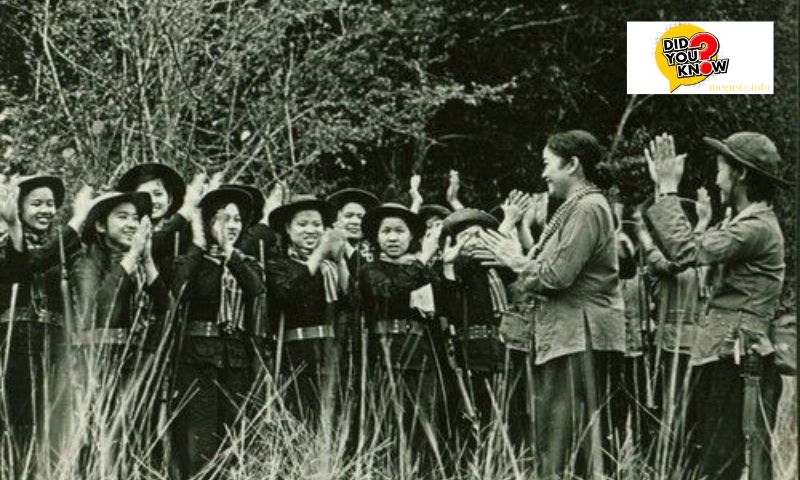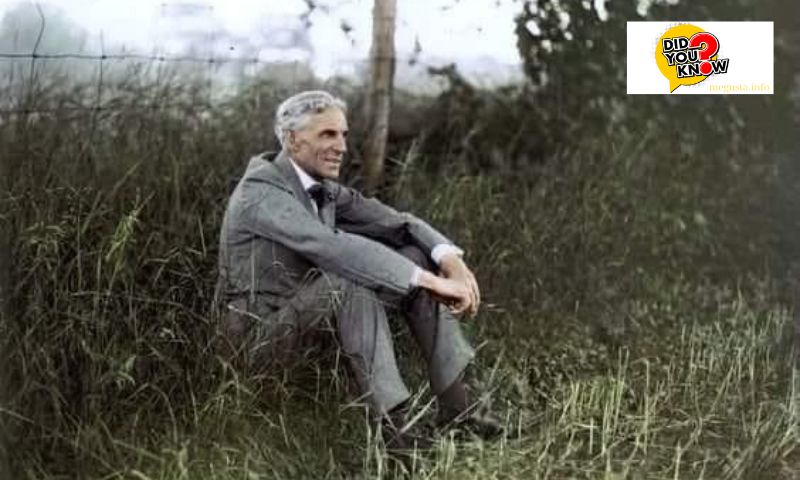Global dignitaries are pivotal figures whose influence extends beyond borders, shaping international relations, policies, and global discourse. This article from megusta.info explores the significance, roles, and impact of these eminent leaders on the global stage.
Characteristics of Global Dignitaries

Global dignitaries embody exceptional leadership qualities that distinguish them in the world arena. They command international recognition for their roles in policy-making, diplomacy, and advocacy. These leaders are instrumental in addressing pressing global challenges, promoting peace, and fostering cooperation among nations.
Types of Global Dignitaries
Global dignitaries, encompassing political leaders, diplomatic figures, and humanitarian advocates, bear significant responsibilities that extend beyond national borders. Their roles are diverse and impactful, shaping international relations, promoting global cooperation, and advocating for crucial issues affecting humanity. Here’s a detailed exploration of their roles and responsibilities:
1. Political Leaders
Political leaders among global dignitaries, including presidents and prime ministers, occupy positions of immense authority and responsibility. They are tasked with:
- Policy Formulation: Developing and implementing national policies that impact socio-economic development, public welfare, and international relations.
- International Representation: Acting as representatives of their nations in global forums such as the United Nations (UN), G7, G20, and other regional and international organizations.
- Global Influence: Exerting influence over global agendas, including trade agreements, climate accords, and peace negotiations.
These leaders play pivotal roles in maintaining geopolitical stability, fostering bilateral and multilateral relations, and addressing transnational challenges such as climate change, terrorism, and global health crises. Their decisions can have profound implications for global economies, security frameworks, and the overall well-being of nations.
2. Diplomatic Figures

Ambassadors and United Nations representatives are integral to global diplomacy and serve as key global dignitaries. Their responsibilities include:
- Negotiation and Mediation: Engaging in diplomatic negotiations to resolve conflicts, secure peace agreements, and promote international cooperation.
- Advocacy for Human Rights: Championing human rights principles and promoting humanitarian assistance in conflict zones and areas affected by natural disasters.
- Cultural and Economic Diplomacy: Strengthening cultural ties, facilitating economic partnerships, and promoting understanding between nations through cultural exchange programs and trade agreements.
Diplomatic figures act as liaisons between their respective governments and the international community, advocating for policies that uphold global norms and values. They contribute to the maintenance of global peace and security by fostering dialogue and consensus-building among nations.
3. Humanitarian Advocates
Nobel laureates, activists, and philanthropists are esteemed as global dignitaries for their unwavering commitment to humanitarian causes. Their responsibilities encompass:
- Advocacy and Awareness: Raising awareness about pressing global issues such as poverty, hunger, education, healthcare access, and environmental sustainability.
- Direct Action and Relief Efforts: Providing humanitarian aid in crisis-affected regions, offering support to refugees and displaced persons, and promoting sustainable development initiatives.
- Policy Influence: Influencing policymakers and international organizations to prioritize humanitarian interventions and allocate resources to address global challenges.
These advocates transcend national boundaries to address systemic inequalities and promote social justice on a global scale. Their efforts contribute to shaping a more equitable and sustainable world, where all individuals can thrive irrespective of their circumstances. Their collective efforts contribute to shaping a more interconnected and harmonious world, where nations collaborate to address shared challenges and uphold universal values. As we navigate an increasingly complex global landscape, the leadership and responsibilities of these eminent figures remain crucial in forging a path toward a better future for humanity.
Roles and Responsibilities

Global dignitaries shoulder immense responsibilities, including:
- Promoting International Cooperation: By fostering dialogue and collaboration among nations to address global challenges such as climate change and pandemic response.
- Advocating for Human Rights: Championing equality, justice, and dignity for all individuals regardless of nationality or background.
- Shaping Global Policies: Influencing international agreements and treaties that impact global trade, security, and development.
Examples of Global Dignitaries
1. Nelson Mandela Nelson Mandela, former President of South Africa and Nobel Peace Prize laureate, remains an enduring symbol of courage and reconciliation. His leadership dismantled apartheid and promoted national unity, inspiring movements for justice and equality worldwide.
2. Malala Yousafzai Malala Yousafzai, a Pakistani activist for female education and the youngest-ever Nobel Prize laureate, exemplifies the impact of youth leadership on global issues. Her advocacy for girls’ education resonates globally, empowering marginalized communities and challenging societal norms.
Impact of Global Dignitaries
Global dignitaries shape policies and agreements that transcend borders, influencing:
- Global Governance: By contributing to international organizations and forums that set standards for global cooperation and governance.
- Public Discourse: Their speeches and actions shape public opinion, influencing societal values and priorities on a global scale.
Conclusion
In conclusion, global dignitaries play indispensable roles in advancing peace, prosperity, and sustainable development worldwide. Their leadership transcends national interests, advocating for a more interconnected and harmonious global community. As we navigate an increasingly complex world, the influence of these eminent leaders remains pivotal in shaping the future of humanity.

